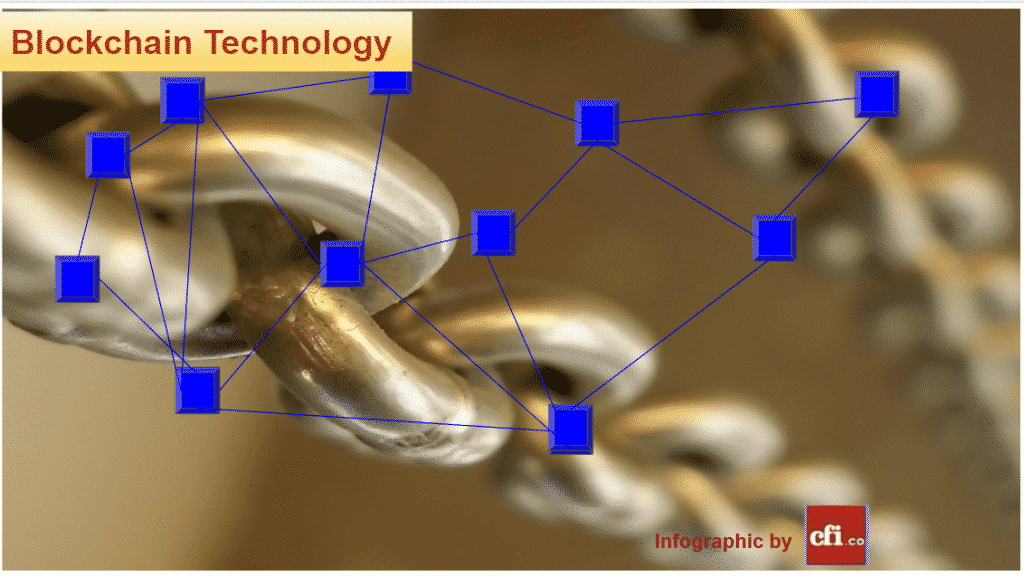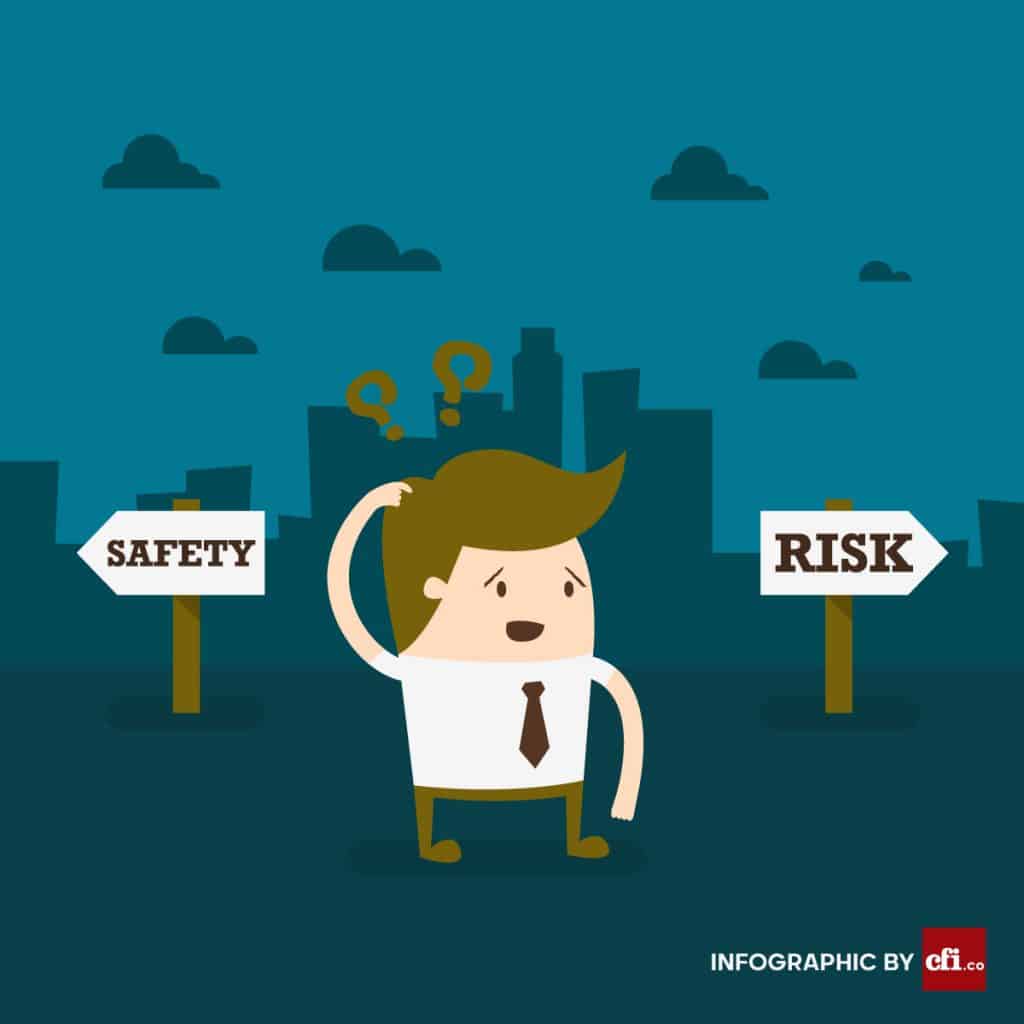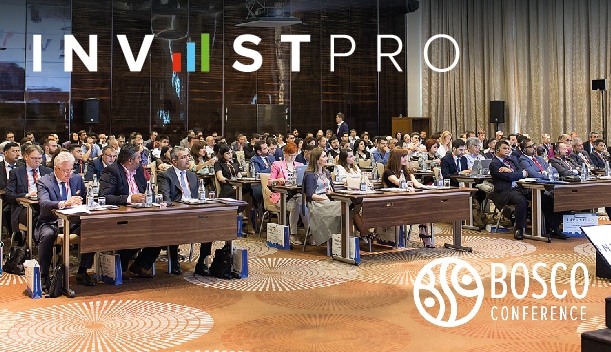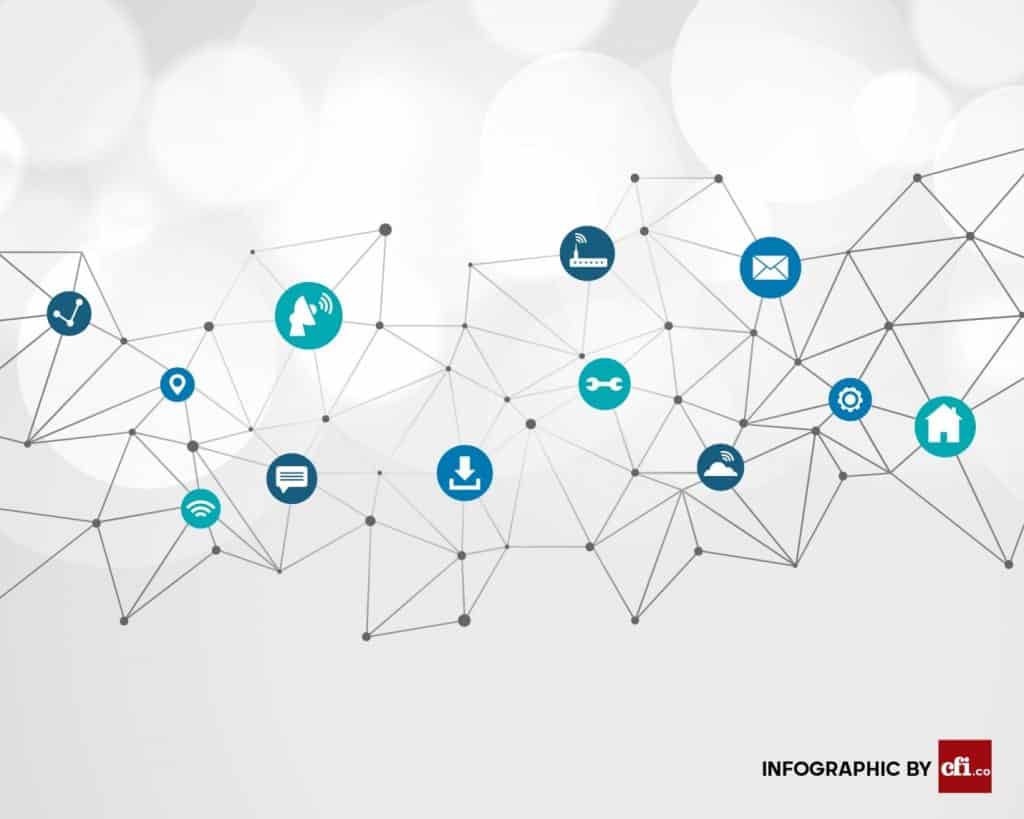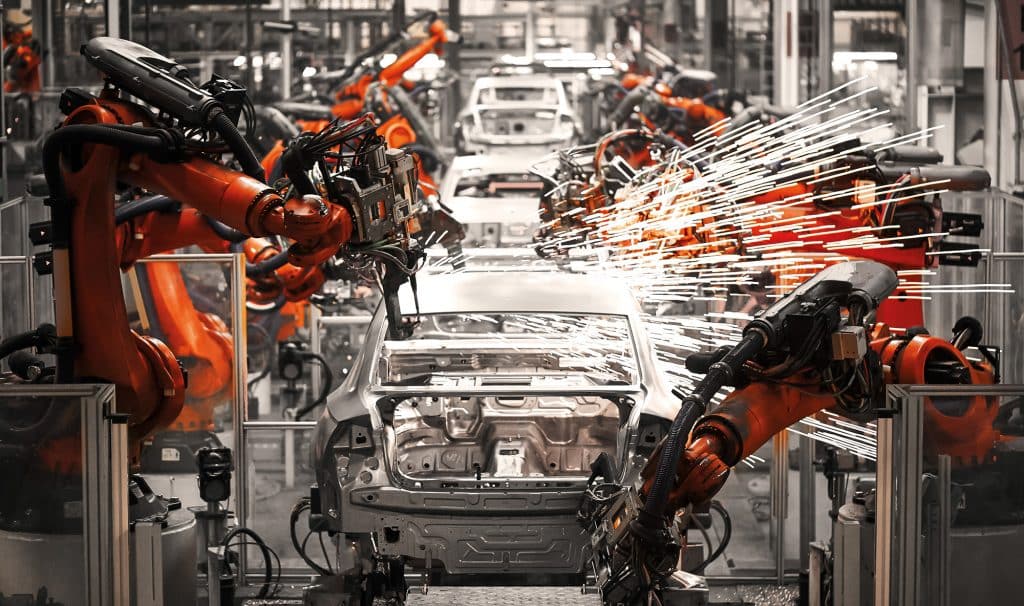A new China West cross-culture leadership and business management book entitled ‘Guanxi in the Western Context: Intra-Firm Group Dynamics and Expatriate Adjustment’ is launching in November, written by Dr Barbara Wang, a full-time professor at Hult Ashridge Executive Education. The book launch will take place on Tuesday, 12 November 2019 in the Old Library at Hult Ashridge Executive Education, Ashridge Berkhamsted, Herts HD4 1NS from 11:00am – 12:00pm.
Guanxi is a form of social interaction, unique to the Chinese culture, of forging connections, making contacts and forming warm relationships in business. While research on guanxi in China has been intense, for the first time this book examines how the employees of Chinese multinational companies employ guanxi in the West; how Chinese expatriates develop and use guanxi in the host country, and how these behaviours affect their adjustment to their environment. Aimed at business academia and practitioners, this book illuminates how guanxi shapes social relations in Western branches of these Chinese multinationals, supporting Western managers who seek a deeper understanding of how their Chinese counterparts operate, and Chinese managers who want to increase their awareness of the culture they are immersed in.
Based on Dr Wang’s PHD thesis, this book is the culmination of five years of study into the globalisation of Chinese companies in Western markets since 2005, and how senior executives practise guanxi versus how social network is traditionally practised in Western culture.
Firstly, the book elaborates on the contextualisation of guanxi to highlight how guanxi emerged, evolved, and subsequently dominated the business system in China.
Next, it examines empirically how guanxi practice affects intra-firm multicultural group dynamics involving Chinese expatriates, host-country nationals, and host-country Chinese in Chinese multinationals. It shows how expatriates actively practise guanxi with their homeland counterparts, but not with host-country nationals and host-country Chinese.
Then, it examines the impact of guanxi in building Chinese expatriate adjustment to develop a process model that illuminates that guanxi development alters expatriates’ adjustment curve significantly.
Finally, the book develops a framework of cross-cultural guanxi leadership to lead multicultural teams effectively in the host county.
Dr Barbara Wang says, “This book contributes more generally to shed light on cross-cultural management in terms of Chinese guanxi practice in the Western context. When I started my study I made assumptions that all Chinese executives practise guanxi. However, I discovered that Chinese expats don’t practise guanxi with local Chinese for complex reasons as they don’t believe they can reap the returns they need.
“The other assumption I made was that local Europeans don’t understand or practise guanxi. However, I learned that there is a desire to study Chinese culture and Westerners are motivated to practise guanxi even though it is not inherent to how they operate.
“I recommend that if Chinese companies want to improve their soft power they should take steps to study cross-cultural programmes and become ‘glocal’. They should do their homework and understand and adapt to the local culture and be open to including everyone in guanxi, which will enhance their global cultural influence. To sum up, guanxi is the code of China.”
Professor Davide Ravasi, director of the PhD Programme at UCL School of Management, comments, “From research in international business we know a lot about Western multinationals, but we know much less about the up and coming multinationals from China. Yet, many of these multinationals will likely dominate global markets in the years to come. Barbara Wang’s work illuminates for the first time how guanxi – a form of social interaction unique to the Chinese culture – shapes social relations in Western branches of these multinationals. It is an important reading for both Western managers who seek a deeper understanding of how their Chinese counterparts operate, and Chinese managers who want to increase their awareness of the culture they are immersed in.”
Professor John Yang, co-Dean of BiMBA at the National School of Development, Peking University, adds, “Barbara Wang’s new book on guanxi is full of insights and wisdom critical for both Western and Chinese expatriates as well as Chinese professionals overseas. The book not only contributes to making successful global business deals but also provides better cross-cultural perspectives to develop a healthier China versus world business relationship.”
Dr Barbara Wang
Professor of Cross-cultural Leadership, Hult Ashridge Executive Education
Dr Barbara Wang is the academic director – China of Hult Ashridge Executive Education and association dean of China initiatives.
Her interests lie in cross-cultural leadership/management, and Chinese leadership and executive coaching. She has extensive experience in management training and consulting and has designed and delivered leadership development programmes and coaching for multinational companies such as ABB, Volvo, Daimler, Continental, Sinopec, China Post, Bank of China and Air China. She also teaches on executive programmes for other British and Chinese universities.
Before her current roles, Barbara was a vice president for the Western Management Institute of Beijing. Her commercial experience extends to working for multinational companies in China where she was the retail operations director for CELINE of the Louis Vuitton group, and the global accounts manager in China for DHL.
Barbara holds a PhD from Cass Business School in the UK, where her research focused on cross-cultural leadership/management of Chinese multinational enterprises in Europe. She has qualified in many leadership psychometric tools.
Barbara’s new book ‘Guanxi in the Western Context: Intra-Firm Group Dynamics and Expatriate Adjustment’ (Palgrave Macmillan) was published in July 2019 in the UK, and she is co-author of Chinese Leadership (Palgrave Macmillan, 2011).
| For further information, please contact: | |
| Olivia Sandu, James Walerych, Malika White, Lynda Heath Ash Communications 133 Whitechapel High Street London E1 7QA Tel: +44 (0)20 3457 0837 | |
| E-mail [email protected] [email protected] [email protected] [email protected] |
